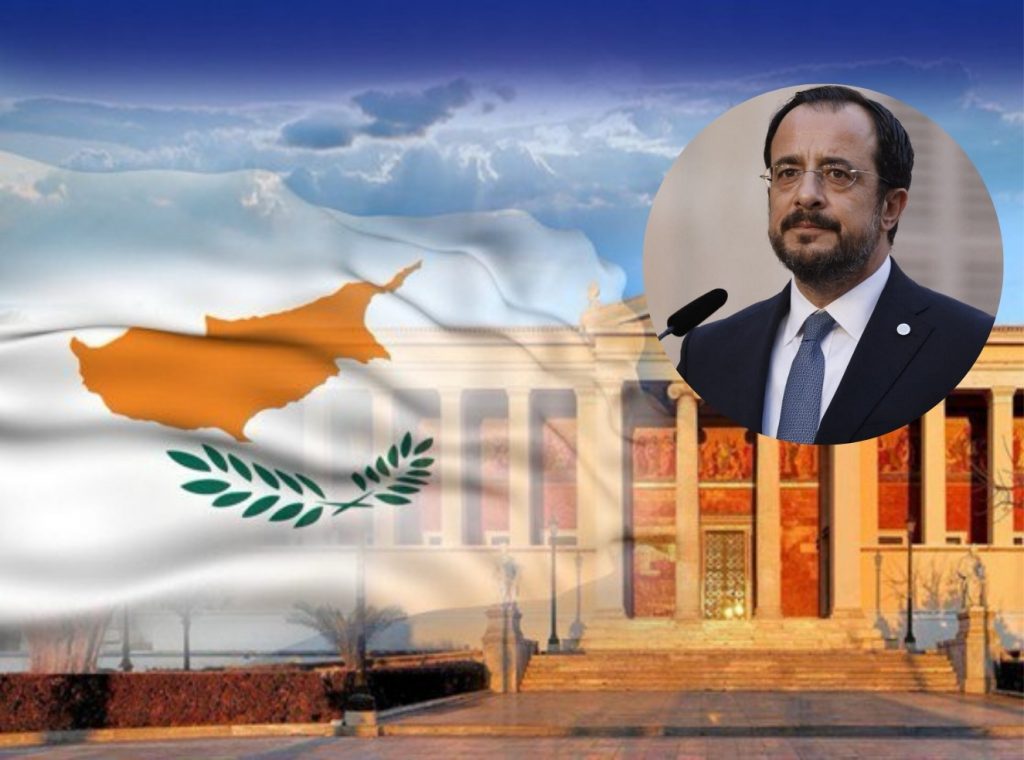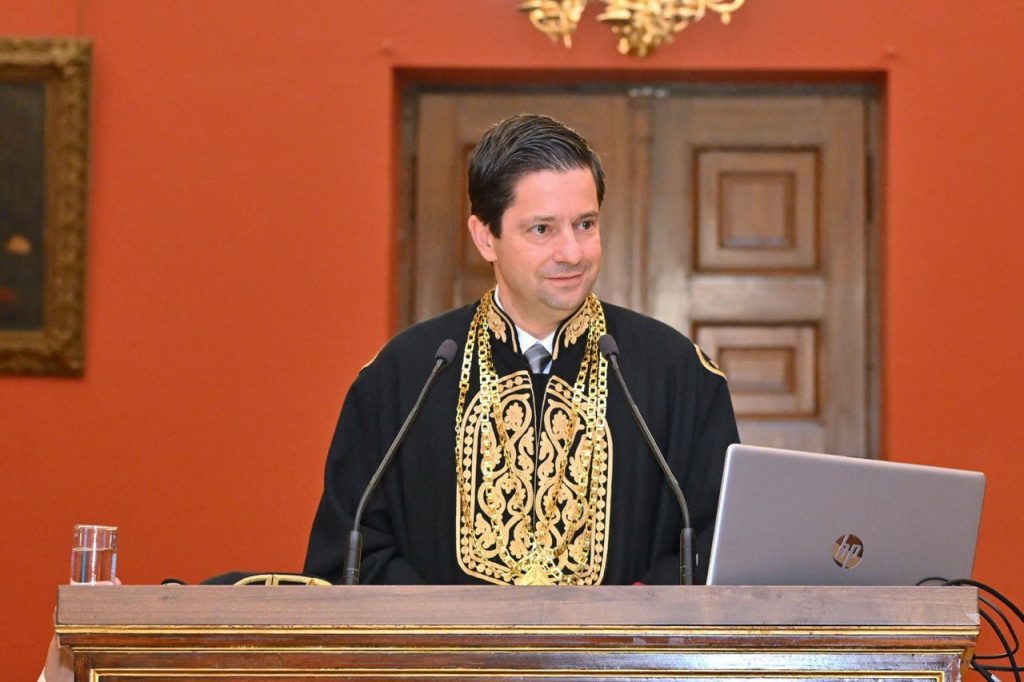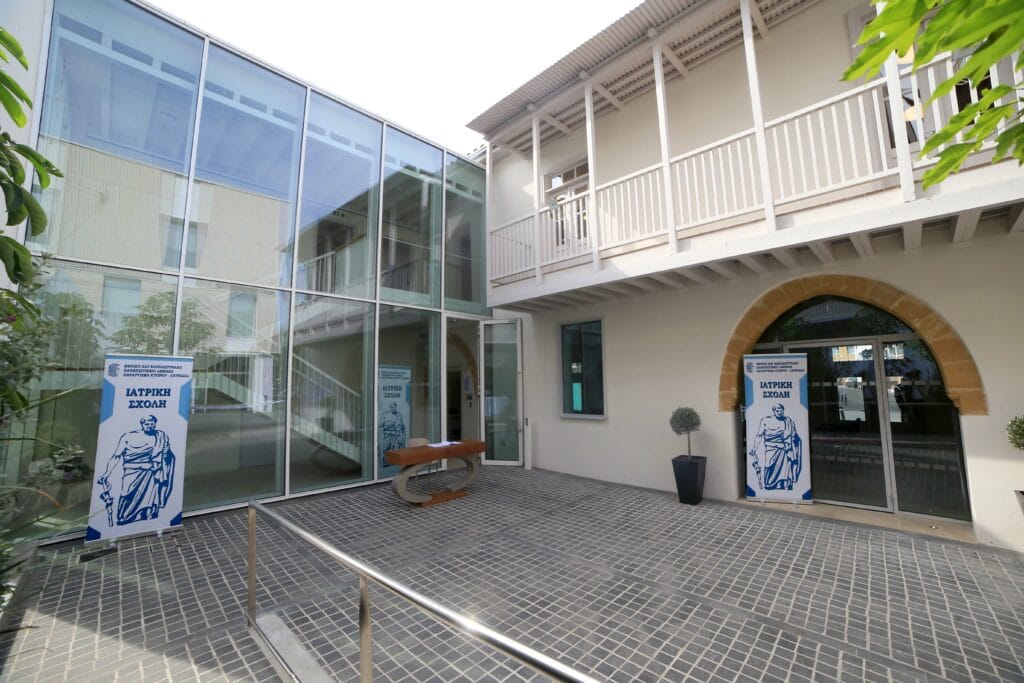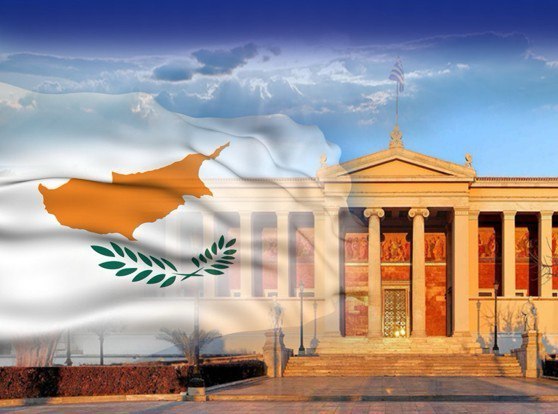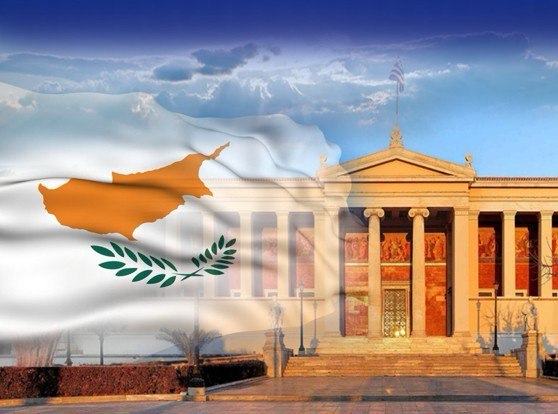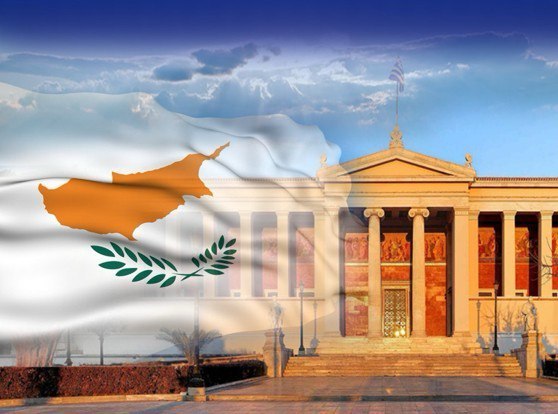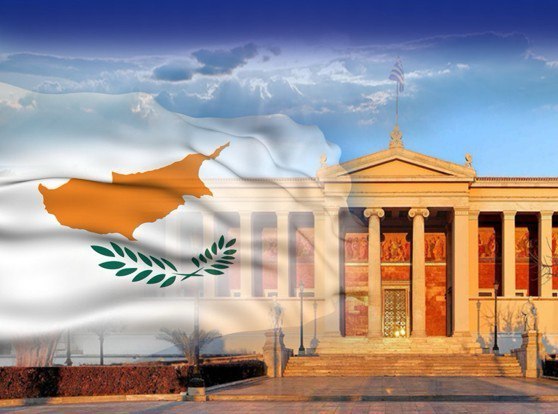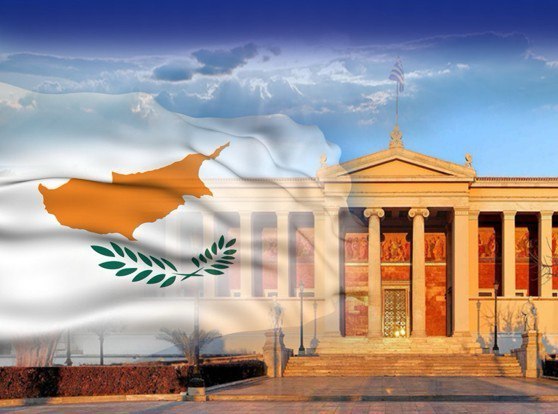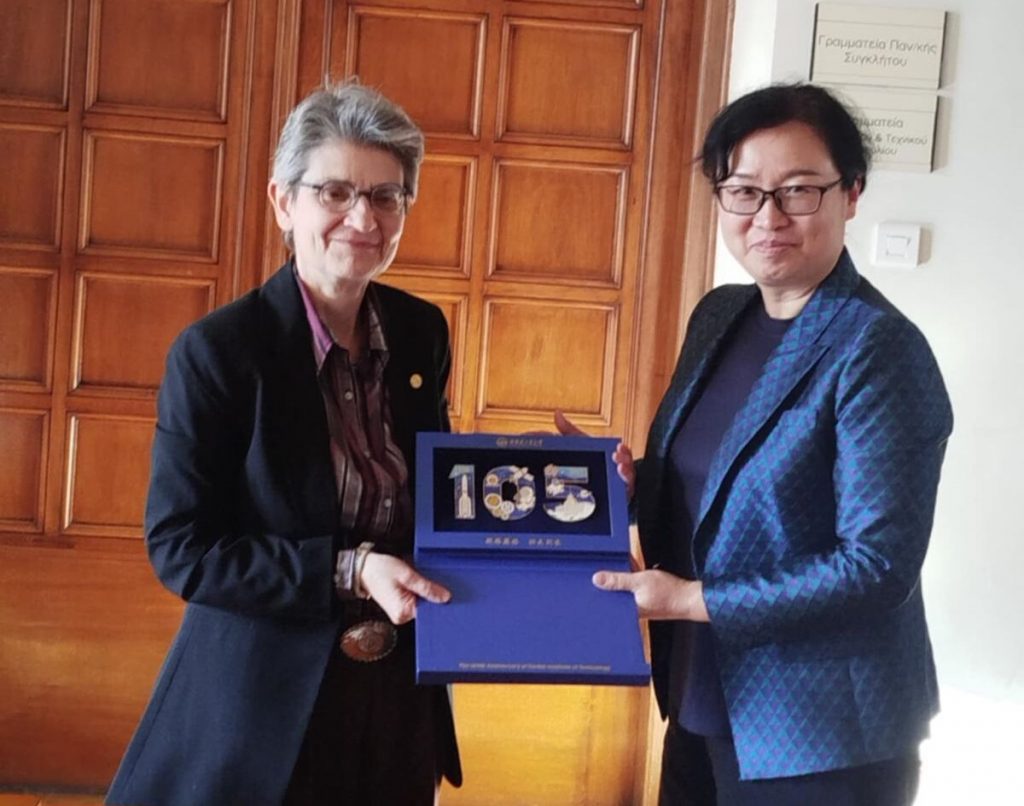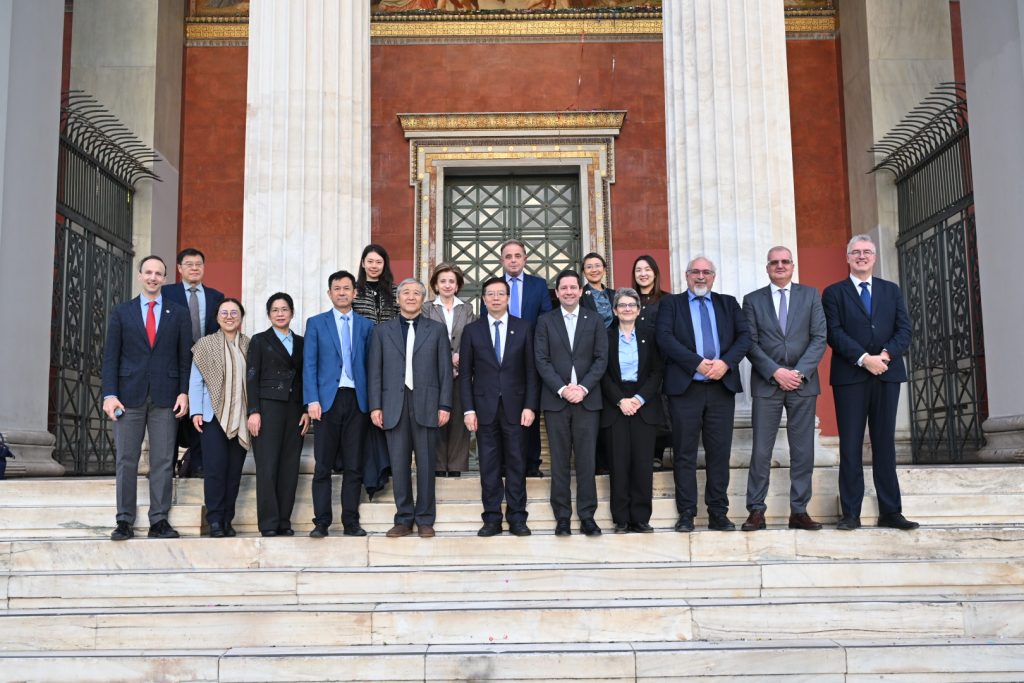CIVIS has released a new report that explores the meaning of civic engagement. Read it here and learn more about the universities’ civic engagement around the world and within CIVIS.
The CIVIS Alliance was born with the spirit of building campuses that together could promote a common system of values including a shared sense of democracy, European integration, sustainability, diversity, inclusion, and equity. In this context, the Alliance is also aiming at promoting and supporting Civic Engagement within its member universities towards an open, inclusive, and participatory European University truly connected to society, that contributes to its development through a greater interaction within its ecosystems.
Also known as the Third Mission or University Social Responsibility, Civic Engagement is an activity to which most of the universities in the Alliance had already been committed for some time, seeking to respond to the problems facing societies. However, it was not an easy task to bring together all the policies and actions carried out by the universities in this sense, given the diversity of the actions, the breadth of the concept of Civic Engagement, and the different meanings and interpretations within each of our member universities.
This document is the result of an intense reflection among all CIVIS universities to bring together all these actions and policies and reach a consensus on the Civic Engagement concept and meaning for our Alliance. This work has been tackled by the Work Package 3 – Civic Engagement Task Force, which has worked intensively for more than a year to offer and collect not only the actions and policies identified in each university but also the future lines of work that Alliance can jointly pursue.
The result of this work brings to light the important role that universities play with commitment and responsibility in designing policies that have a positive impact on society through teaching, research, governance, and external leadership. Their main objective is to make an impactful contribution that responds to the real needs of societies. And this objective is leading the universities down an irreversible path where solidarity, responsibility, and social engagement are becoming the hallmarks of our campuses.




